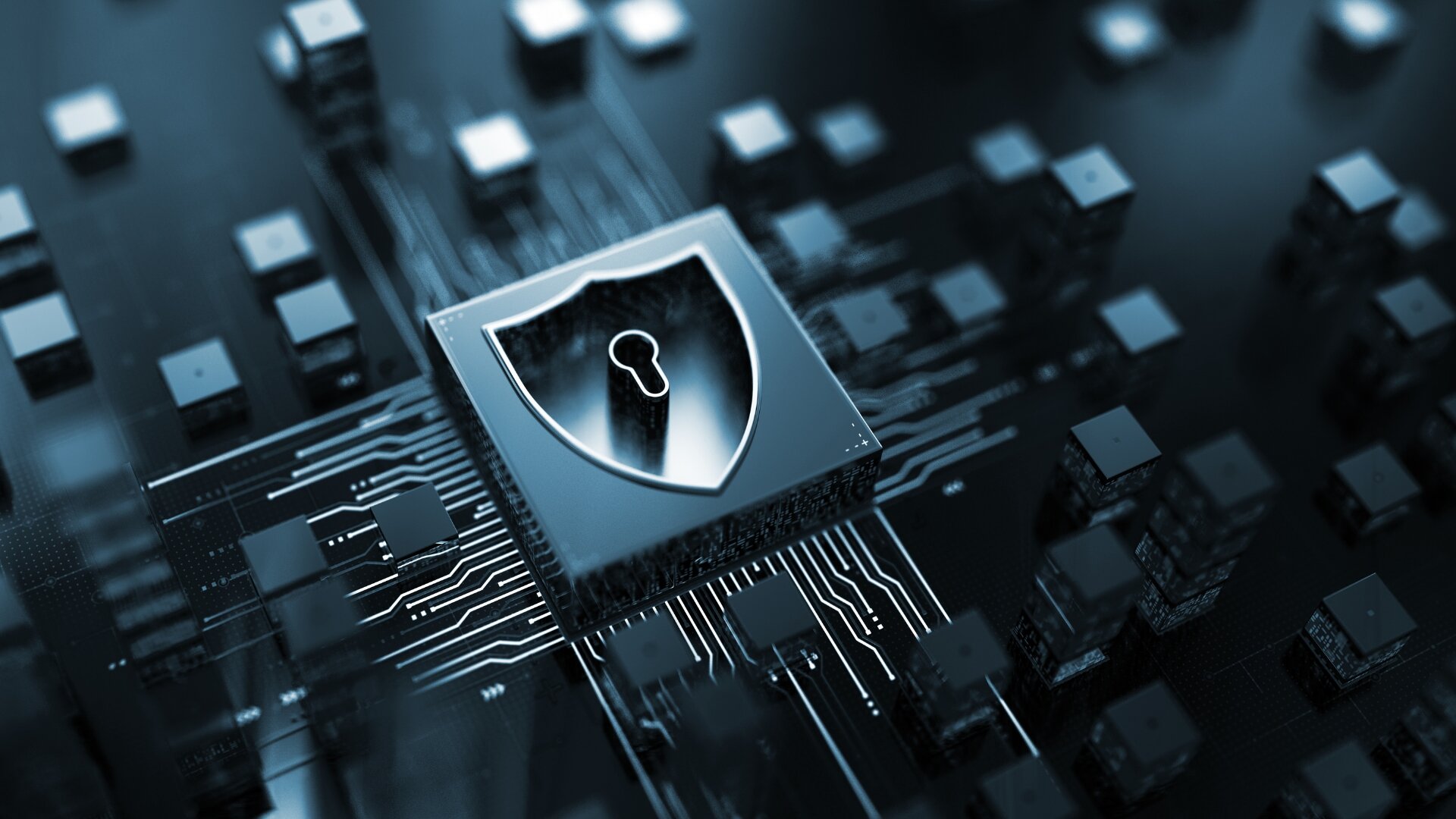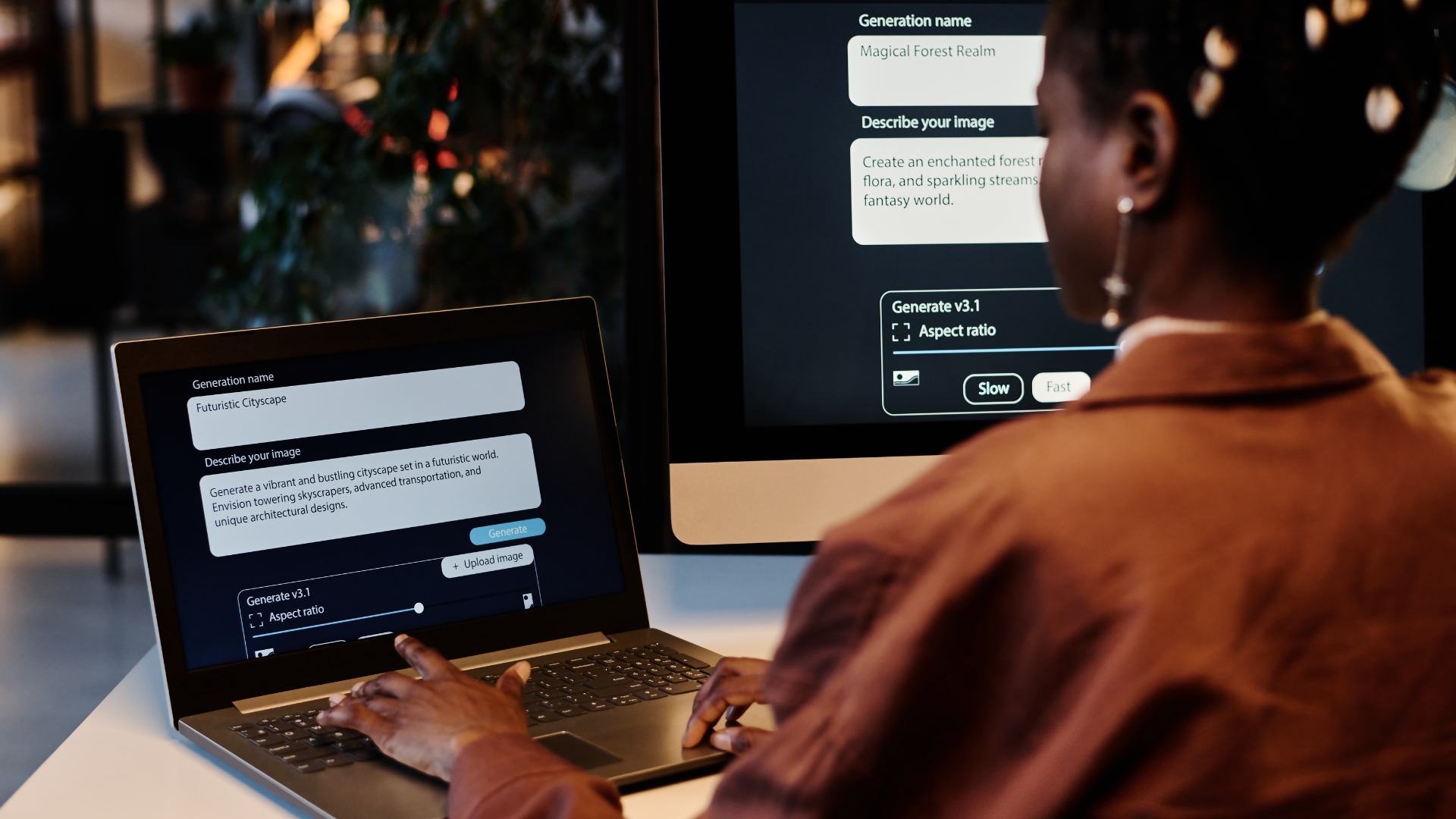- Avoid Sharing Confidential Information Hackers can be very convincing and have a lot of tricks up their sleeves. It’s always good to be wary of suspicious activity, especially in regards to confidential or sensitive information.
- Use Strong Passwords Don’t use the same password for multiple accounts and don’t include personally identifiable information in your passwords. Try to use complex passwords that contain upper-case and lower-case letters, numbers, and symbols.
- Don’t Access Sensitive Information on Unprotected Devices Never access sensitive information from public computers or devices because others also could easily access it. Malware could potentially allow onlookers to steal information like usernames and passwords from an unsecured device.
- Don’t Leave Sensitive Information Lying Around Avoid writing down things like passwords on paper, and make sure to shred or destroy any documents that may contain sensitive information. Make sure to lock your devices whenever you walk away from them and keep small devices like a smartphone or laptop close to you when traveling.
- Report Suspicious Activity If the problem is made known to IT, it keeps the issue from becoming a bigger problem. It is always better to be safe than sorry.
Security is important, and it’s always a good idea to refresh yourself on some basic, easy reminders of how you can keep your information secure, which ultimately helps keep your company secure.
Here is a checklist to visit often to ensure you are keeping yourself and your company as safe as possible:


